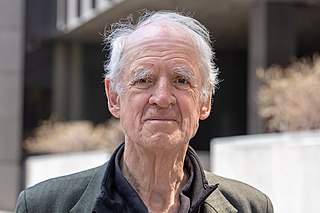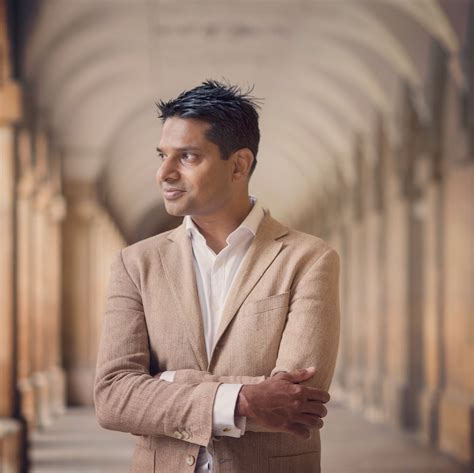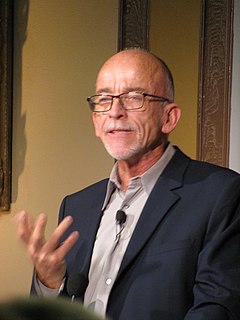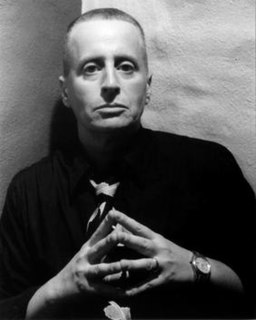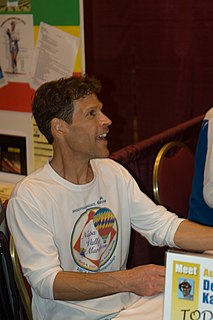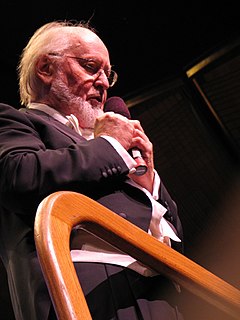A Quote by Charles Taylor
We become full human agents, capable of understanding ourselves, and hence of defining our identity, through our acquisition of rich human languages of expression.
Related Quotes
Self-respect is often mistaken for arrogance when in reality it is the opposite. When we can recognize all our good qualities as well as our faults with neutrality, we can start to appreciate ourselves as we would a dear friend and experience the comfortable inner glow of respect. To embrace the journey towards our full potential we need to become our own loving teacher and coach. Spurring ourselves on to become better human beings we develop true regard for ourselves and our life will become sacred.
Self-deception is a defining part of our human nature. By recognizing its various forms in ourselves and reflecting upon them, we may be able to disarm them and even, in some cases, to employ and enjoy them. This self-knowledge opens up a whole new world before us, rich in beauty and subtlety, and frees us not only to take the best out of it, but also to give it back the best of ourselves, and, in so doing, to fulfil our potential as human beings. I don't really think it's a choice.
Here and gone. That’s what it is to be human, I think—to be both someone and no one at once, to hold a particular identity in the world (our names, our place of origins, our family and affectional ties) and to feel that solid set of ties also capable of dissolution, slipping away, as we become moments of attention.
At the present moment in our culture this yearning for meaning and consciousness, this yearning to give and serve something higher than ourselves, is breaking through the hard crust of our widespread cultural materialism and pseudo-scientific underestimation of what a human being is meant to be together with an equally tragic overestimation of what we human beings are capable of in our present everyday state of being. The intensity of the present confusion about the nature and existence of God is a symptom of this yearning within the whole of our modern culture.
We carve on our body what society teaches us and continue this task, not knowing the identity they force us to have. This identity is carved on our faces and our skins. Not knowing our bodies have become "the paper made of human meat," we stuff our bodies and make them a theater where cultural symbols or suppressed symbols play.
Playing God is actually the highest expression of human nature. The urges to improve ourselves, to master our environment, and to set our children on the best path possible have been the fundamental driving forces of all of human history. Without these urges to ‘play God’, the world as we know it wouldn’t exist today.
Faith in the gospel restructures our motivations, our self-understanding, our identity, and our view of the world. Behavioral compliance to rules without heart-change will be superficial and fleeting… We can only change permanently as we take the gospel more deeply into our understanding and into our hearts. We must feed on the gospel, as it were, digesting it and making it part of ourselves. That is how we grow.
We could say that the human race is a great coauthorship in which we are collaborating with God and nature in the making of ourselves and one another. From this there is no escape. We may collaborate either well or poorly or we may refuse to collaborate, but even to refuse to collaborate is to exert an influence and to affect the quality of the product. This is only a way of saying that by ourselves we have no meaning and no dignity; by ourselves we are outside the human definition, outside our identity.
Healing ourselves on the spiritual level involves developing a strong connection with our soul. We heal ourselves on the mental level as we become aware of our core beliefs, release those that limit us, and open to more supportive ideas and greater understanding. Emotional healing takes place as we learn to accept and experience the full range of our feelings. And we heal ourselves on the physical level when we learn to honor and care for our bodies, and for the physical world around us.
